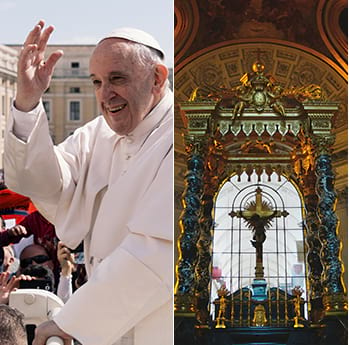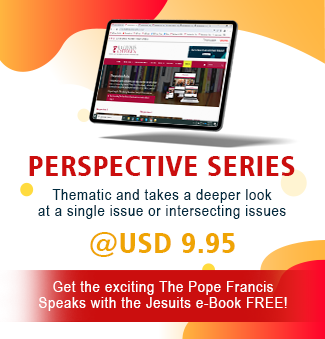Sometimes we meet people who have had a good Christian formation, but who have become agnostics over time. We might think that these are exceptional cases. However, we are convinced that these cases are a symptom of an obvious fact: in traditionally Christian countries there is a crisis that affects both the faith and the life of the baptized. They stop practicing, become agnostics, and either live as such, or seek alternatives to a Christian religion that has lost its attractiveness and credibility.[1]
The issue
The truth of Christianity is embodied and concentrated in the truth of the figure of Christ. Jesus of Nazareth continues to arouse interest and admiration, but the full truth of his reality has become fragile and evanescent, and for some even contradictory.
Traditional Christian apologetics wanted to demonstrate the truth of Christ, proffering as arguments the extraordinary facts narrated in the Gospels: the excellence of his teaching, miracles and the resurrection. Today it is recognized that a demonstration of the truth of Christ is impossible, and there are efforts instead to justify his truth on the basis of a “convergence of meaning” of the arguments in its favor.[2]
But even this solution does not seem convincing. According to Monserrat, the decisive arguments in favor of the truth of Christ are not the extraordinary events that characterize the life of Jesus according to the Gospels, but his “weakness,” that is, the human annihilation that he lived and suffered, and which Saint Paul calls kénosis.
In order to reach this conclusion, it is necessary to follow a reasoning that we shall set out below. Let us start from the fact that the common and traditional answer to the enigma of reality is the affirmation of the existence of God, transcendent reality, origin and foundation of the world, who is interested in the salvation of all. This religious response is transmitted above all through family and social tradition. Usually, people absorbed in the concrete problems of daily life accept it peacefully. But, alongside this response, that of a “world without God” is also plausible. Therefore, when dealing with the question of the enigma of reality, two answers are possible, based either on the existence of God or the world without God.
This article is reserved for paid subscribers. Please subscribe to continue reading this article
Subscribe
Welcome to
La Civiltà Cattolica !
This article is reserved for paid subscribers
Please login or subscribe to continue reading this article
























